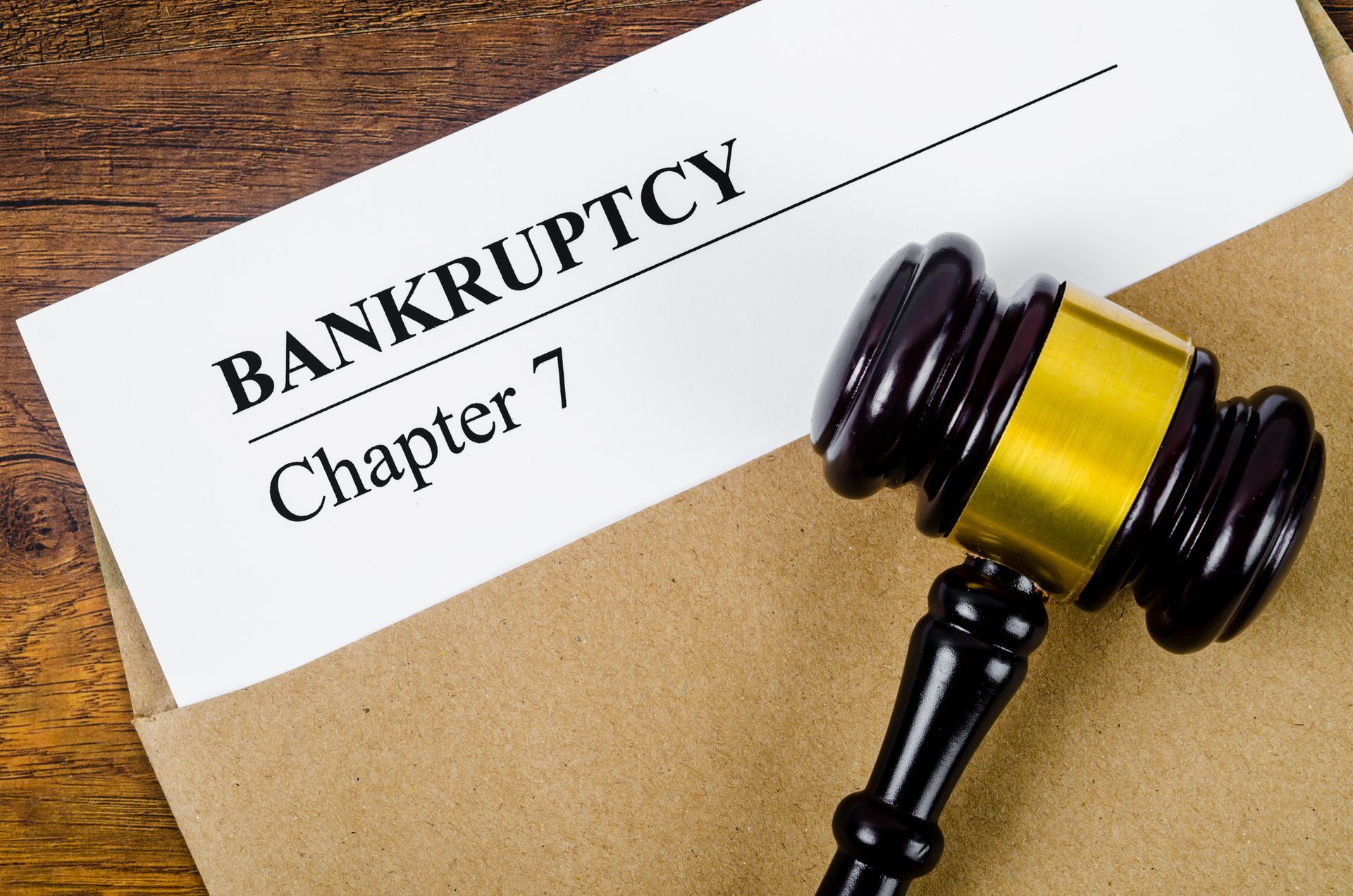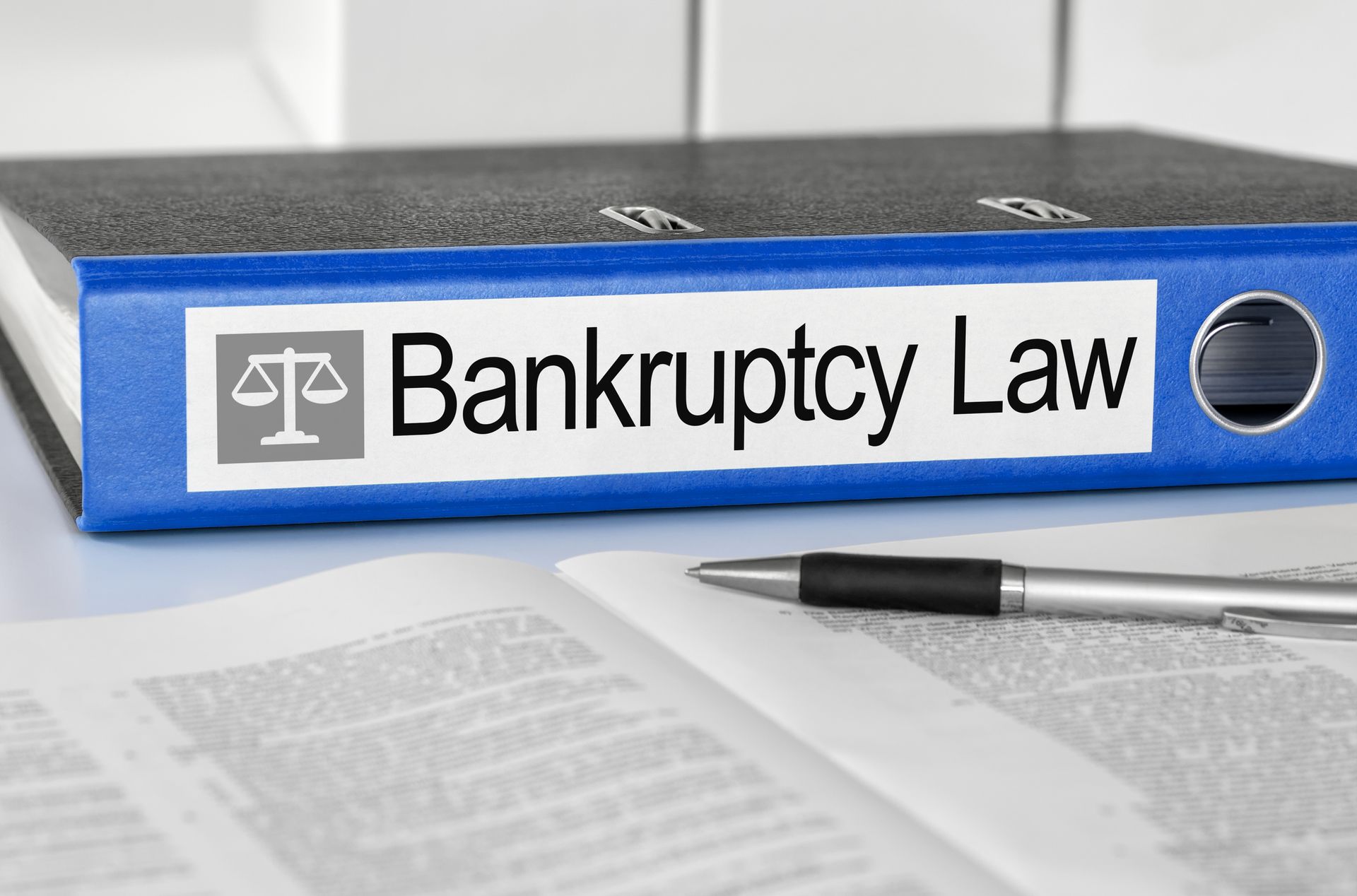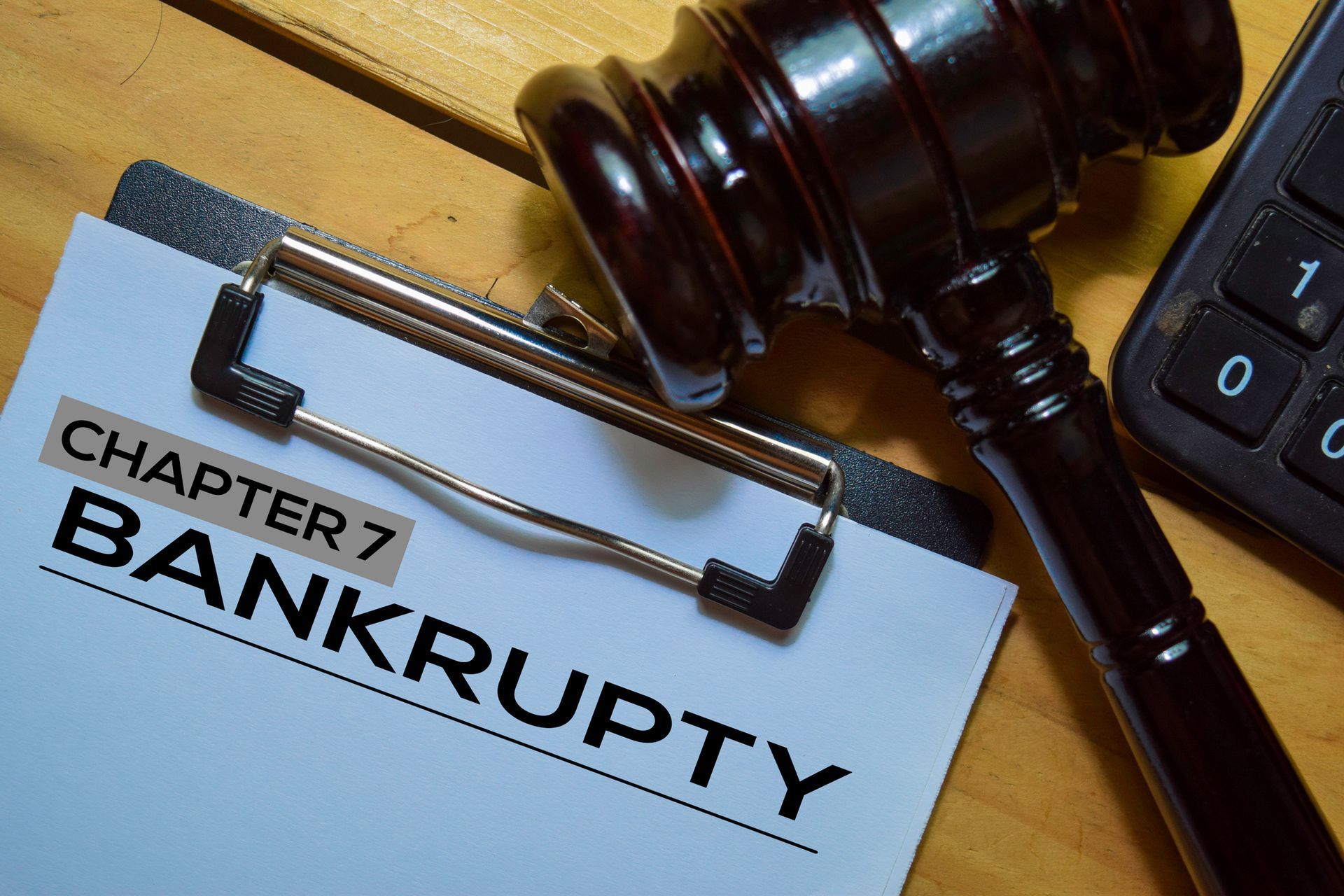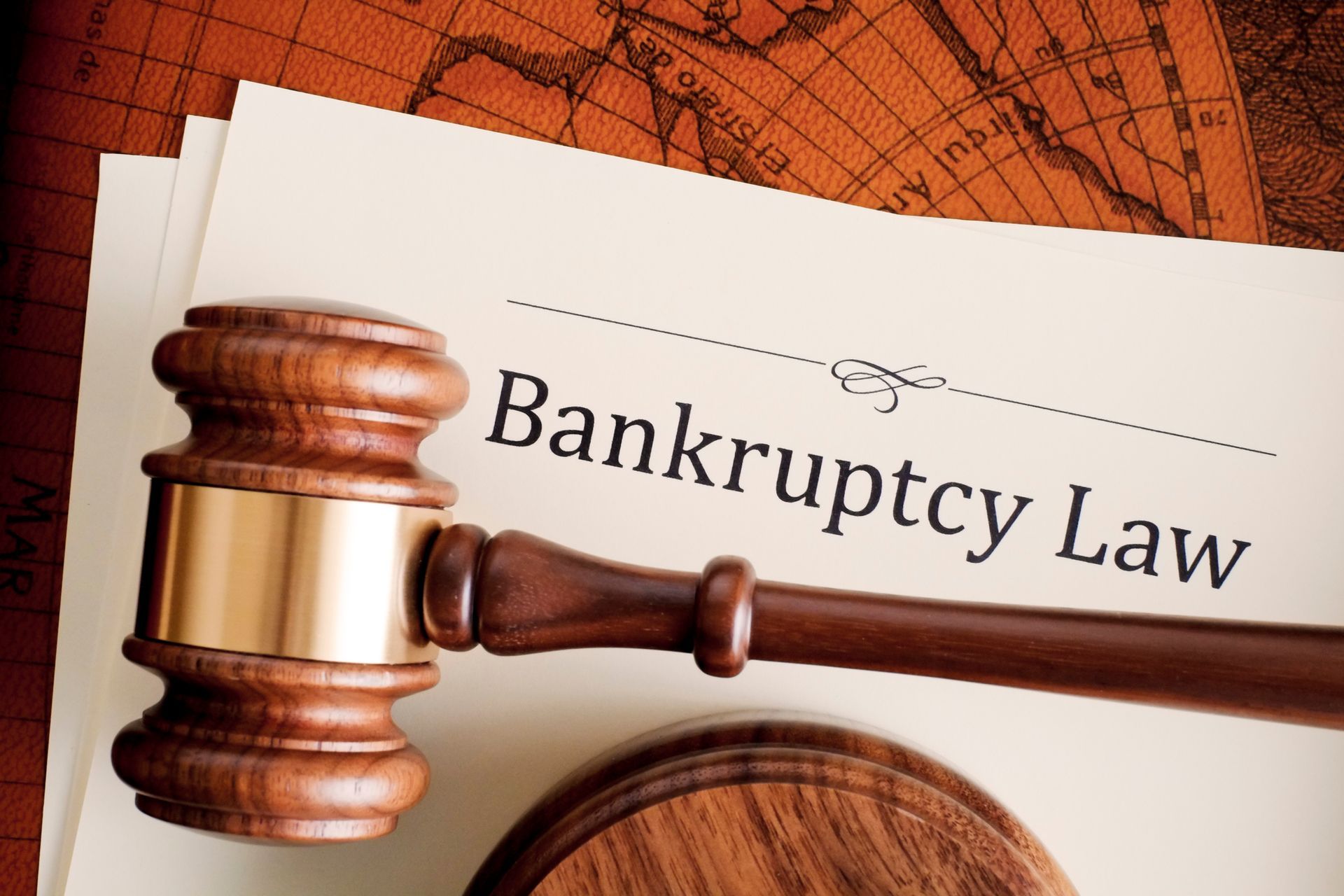Life After Chapter 7 Bankruptcy Law in Waukesha, WI

Starting over after bankruptcy can feel overwhelming. With guidance under Chapter 7 Bankruptcy Law in Waukesha, WI, you can begin to rebuild your financial life with confidence. Call us today at 1-414-272-0077 to learn how we can guide you forward.
Understanding Life After Bankruptcy
Filing under Chapter 7 Bankruptcy Law in Waukesha, WI, is not the end of your financial story. It is a chance to reset. Many people fear that bankruptcy will define them forever, but the truth is different. With the right steps, you can rebuild credit, restore stability, and move toward a stronger financial future.
Bankruptcy clears away debt, but it also opens the door to new habits. The months after discharge are critical. This is when you begin to shape the financial life you want.
The Emotional Impact Of A Fresh Start
Bankruptcy often brings relief, but it can also stir feelings of guilt or shame. These emotions are normal. What matters most is how you respond.
Instead of focusing on the past, think of this as a turning point. Chapter 7 bankruptcy law in Waukesha, WI, exists to give people a second chance. By working with professionals who understand the process, you can use this opportunity to rebuild with clarity and purpose.
Steps to Rebuild Credit After Bankruptcy
Rebuilding credit takes time, but it is possible. Here are practical steps that can help:
- Review your credit report for errors and dispute any mistakes.
- Create a budget that tracks income and expenses.
- Pay all bills on time, even small ones.
- Consider a secured credit card to rebuild positive history.
- Keep credit use low and avoid unnecessary debt.
Each small step builds momentum. Over time, lenders will see your progress.
Financial Habits That Support Stability
Life after Chapter 7 bankruptcy law in Waukesha, WI, requires new habits. These habits protect you from falling back into debt.
- Save a small emergency fund to cover unexpected costs.
- Set financial goals, such as paying off a car loan or saving for a home.
- Track spending to avoid surprises.
- Seek advice before making large financial decisions.
These habits create a foundation for long-term success.
Why Professional Guidance Matters
The journey after bankruptcy is easier with support. A trusted Chapter 7 bankruptcy attorney in Waukesha, WI, can help you understand your rights, avoid mistakes, and plan for the future. At Credit Solutions, we guide clients through both the legal process and the recovery phase.
Our team understands that bankruptcy is not just about debt. It is about rebuilding lives. We provide resources, advice, and encouragement every step of the way.
Common Myths About Bankruptcy
Many people hesitate to file because of myths. Let’s clear up a few:
- Myth: Bankruptcy ruins your credit forever. Truth: Credit can be rebuilt within a few years.
- Myth: You will lose everything you own. Truth: Many assets are protected under Chapter 7 Bankruptcy Law in Waukesha, WI.
- Myth: Bankruptcy means failure. Truth: Bankruptcy is a legal tool designed to help people recover.
Understanding the truth helps you move forward with confidence.

How Bankruptcy Can Be A New Beginning
Bankruptcy is not the end. It is a chance to start fresh. Many successful people have filed for bankruptcy and gone on to build strong financial futures.
By using the relief provided under Chapter 7 Bankruptcy Law in Waukesha, WI, you can focus on what matters most: creating a stable and secure life for yourself and your family.
Building A Support System
Recovery is easier when you are not alone. Surround yourself with people who encourage your progress. This may include:
- Family members who support your goals.
- Friends who respect your new financial boundaries.
- Professionals who provide legal and financial guidance.
Having a support system keeps you motivated and accountable.
The Role Of Education In Financial Recovery
Education is key to long-term success. Learning about money management helps you avoid repeating past mistakes and builds confidence in your financial decisions.
After filing under Chapter 7 Bankruptcy Law in Waukesha, WI, understanding how credit works, how to budget effectively, and how to plan for the future becomes even more important. By gaining knowledge, you can make smarter choices that protect your progress.
We encourage clients to explore resources on budgeting, credit repair, and financial planning. Workshops, online tools, and financial literacy courses can provide valuable insights. By staying informed, you gain the tools to make better decisions and create a stable foundation for the years ahead.
Using Legal Resources to Your Advantage
Bankruptcy law is complex, but it is also designed to protect you. By working with experienced attorneys, you can use these protections to your benefit.
For example, Chapter 7 Bankruptcy Law in Waukesha, WI can stop creditor harassment, prevent wage garnishment, and give you the breathing room you need. You can learn more about the process and how it works.
A Path Toward Financial Freedom
Life after bankruptcy is not about perfection. It is about progress. Each step you take brings you closer to financial freedom.
With patience, discipline, and the right support, you can rebuild your credit, restore your confidence, and create a brighter future.
Final Thoughts on Moving Forward
The road after Chapter 7 Bankruptcy Law in Waukesha, WI, may feel uncertain, but you are not alone. Credit Solutions is here to guide you through every stage of recovery.
Bankruptcy is not the end of your story. It is the beginning of a new chapter.
Call Credit Solutions Today For A Free Consultation
Your future starts now. Take control of your financial life with the right guidance and support. Call 1-414-272-0077 today or set up a no-cost consultation online to begin your path toward stability.









